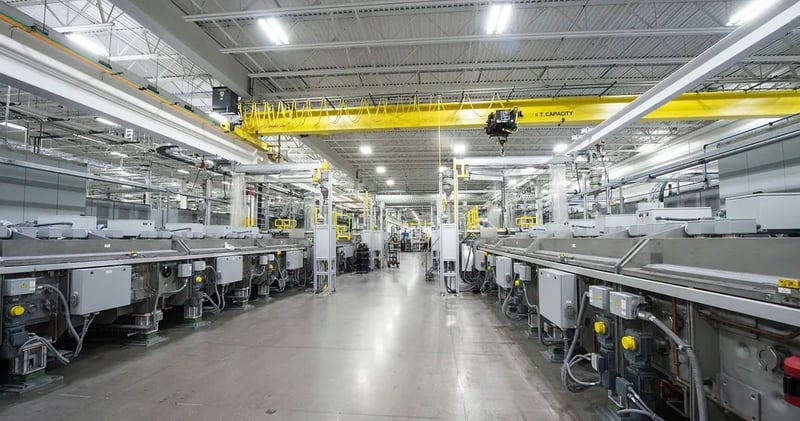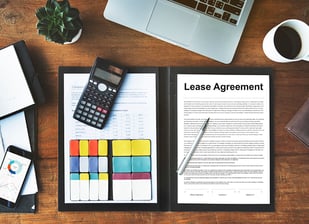
Machinery & Equipment appraisals generally require an itemized asset listing to be presented to the valuation professional so they can understand the history and detail behind the assets and estimate the scope of work and associated time and costs involved to complete the project.
Businesses that own a significant amount of tangible property, but have not updated their internal records in a long time, may decide they don’t have the resources available to undertake the time-consuming task of compiling all this data. The sensible alternative may be to have the appraiser visit your facility and work with you and your team to effectively and efficiently accomplish the task.
Even cases where your machinery listing is current but not well detailed may bring about the need to have an on-site visual inspection completed to ensure an accurate and thorough result. Desktop valuations, where you provide all the information to the appraiser, work when there is enough data to comfortably understand the descriptive detail provided in an easy-to-read file format. Ideally, appraisers like to see the year (or effective age) of the equipment, as well as the make, model, VIN/serial number, and any additional options or specifications that might apply. Photographs will also need to be reviewed to reasonably estimate the condition of the machinery. Follow-up interviews with the appraiser may be required to confirm the details being reviewed.
If you choose to have the appraiser complete the field work and gather all this themselves, it can save you hours, if not days, and will provide a more personalized perspective for both parties to understand all the facets of the valuation effort, as well as the underlying transaction it will be supporting.
The cost variance between an on-site appraisal and a desktop can be significant, depending on where your business is located, the number and type of assets being appraised, and the overall logistics involved with the scope of work. Look to engage an experienced, accredited appraiser, who can facilitate the process with you, and can effectively work with your team to accomplish the task.
The benefis will far outweigh the cost, from both a short and long-term perspective, as you will be able to better accomplish the immediate tasks at hand, and have an updated, detailed, and accurate equipment listing going forward which you can use to maintain your records in the future.


